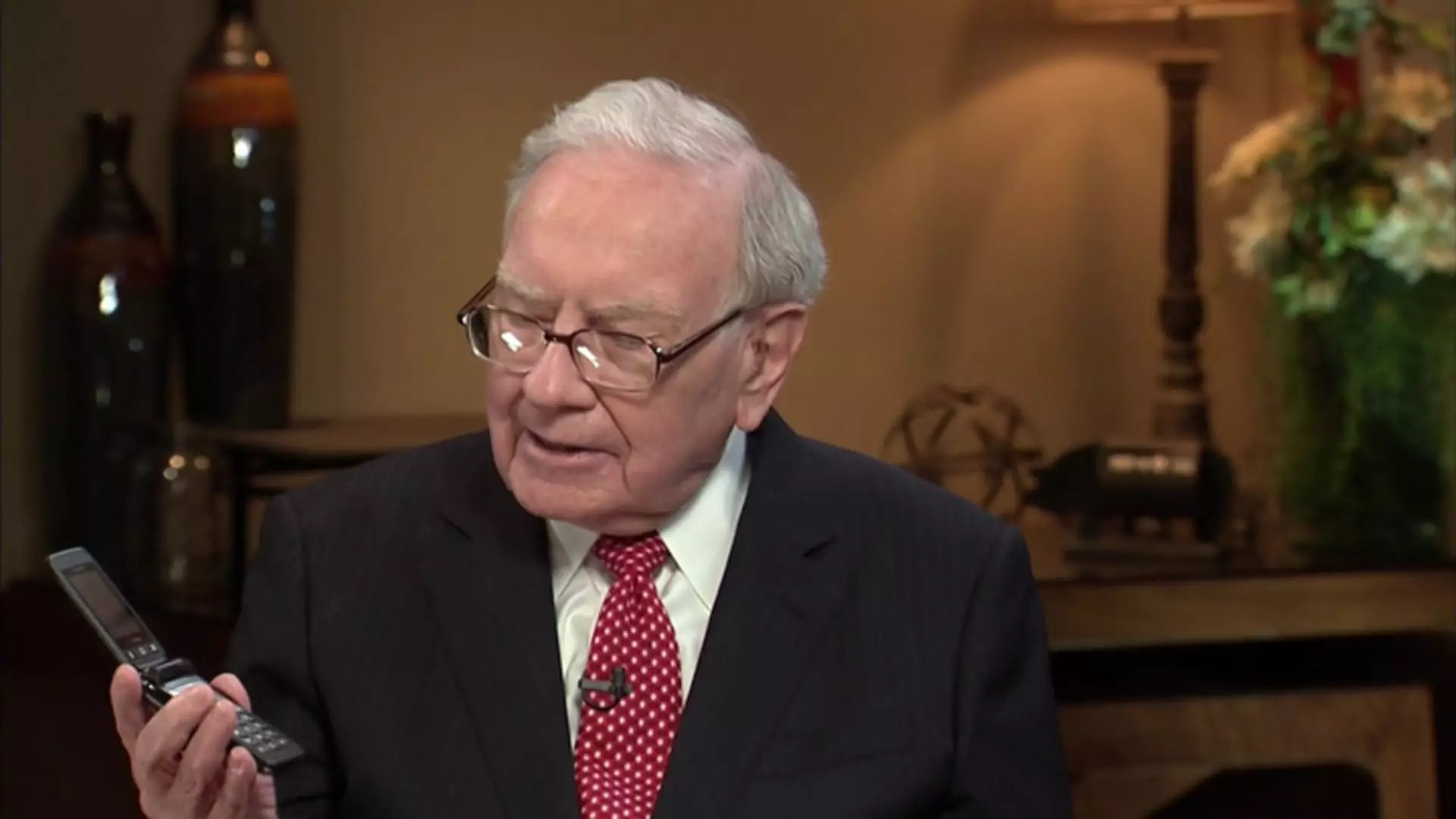Investment has long been dominated by human intuition, analysis, and sometimes sheer luck. When it comes to successfully emulating one of the greatest investors of all time, Warren Buffett, most human imitators have faced dismal failure. However, with the rapid advancement of technology, Artificial Intelligence (AI) is now stepping into the ring. One notable venture is the launch of the Intelligent Omaha ETF (ticker: AIWB) by the investment startup Intelligent Alpha. This ambitious fund aims to replicate the investment philosophy of Buffett through AI technology, sparking a debate about the capabilities of AI in the nuanced world of investing.
The concept behind the Intelligent Omaha ETF is intriguing. By leveraging three sophisticated large language models—GPT, Gemini, and Claude—Intelligent Alpha hopes to distill Buffett’s investment philosophy into an actionable strategy. The process begins with data collection, wherein these AI models are fed a wealth of information, including Buffett’s annual letters, public statements, interviews, and regulatory filings. The ultimate goal is for AI to internalize Buffett’s investment principles and create a portfolio comprising 25 to 30 stocks that embody his approach.
While the initiative boasts an innovative idea, the question remains: can AI truly grasp the depth and nuances of Buffett’s investing style, which has evolved over decades? For instance, Buffett’s journey began with “cigar-butt” investments—securing quick profits from deeply undervalued stocks—before transitioning toward quality investments with sustainable advantages, influenced significantly by his partner Charlie Munger. Understanding this evolution demands not just combing through data, but a nuanced comprehension of financial markets and behavioral economics.
Doug Clinton, CEO of Intelligent Alpha, has indicated that their AI models have been in testing for six months, creating portfolios that overlap with Berkshire Hathaway’s holdings by 30% to 60%. Such overlap can be comforting, as it suggests that AI can identify potentially lucrative investments similar to those favored by Buffett. However, the emphasis must also be on the differences in weighting among the stocks. The Intelligent Omaha ETF plans to charge an expense ratio of 69 basis points, suggesting that investors will need to weigh both potential gains and costs carefully.
Indeed, moving forward, it’s essential to evaluate how these AI-generated portfolios perform against not just Buffett’s legacy but the actual market performance. Relying solely on AI poses risks, such as data bias and the inability to predict unforeseen global events that could impact investments. Unlike Buffett, who often uses personal discretion and intuition based on shifting market dynamics, AI’s analytical capabilities, while advanced, might not capture the unpredictable human elements intertwined with market behavior.
The Intelligent Omaha ETF is just one aspect of a broader trend where Wall Street is increasingly integrating AI tools into investment products. For instance, Intelligent Alpha has also released the Intelligent Livermore ETF, which seeks to emulate multiple prominent investors, including Buffett. This move towards AI reflects a growing belief in the power of technology to optimize investment strategies and caters to a new generation of investors who are intrigued by cutting-edge applications.
Nevertheless, skepticism abounds regarding the lasting power of these technologies. The rapid rise of AI technologies—like that seen in the stock market, especially with companies such as Nvidia—has created a buzz but also a sense of caution. Investors must deliberate whether the integration of AI represents a genuine evolution in investment strategy or merely a passing trend fueled by hype.
As intelligence, in its various forms—artificial or human—shapes the future of investing, the potential for AI to replicate Warren Buffett’s unique investment philosophy presents both exciting opportunities and notable challenges. While Intelligent Alpha’s efforts mark an important chapter in the investment world, they also highlight a fundamental question: can algorithms truly understand the art of investing, or will they merely scratch the surface of Buffett’s profound insights? As this journey unfolds, both seasoned investors and newcomers will be watching closely, assessing the impact AI may have on their portfolios and the greater market.


Leave a Reply